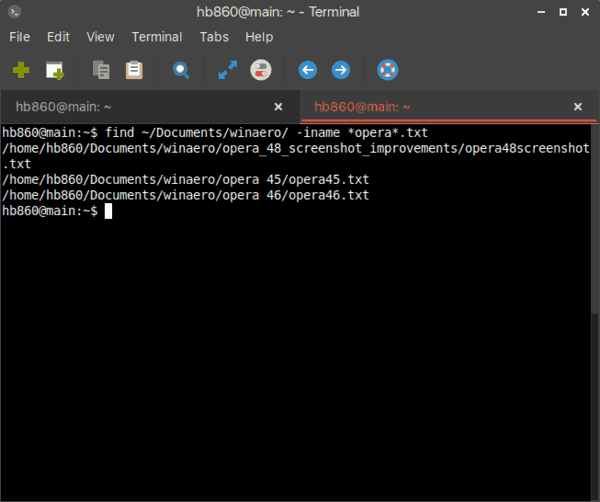
dst/target_2.txt # read target file: # !! This is "target_2. dst/target_2.txt # read target file: # !! This is "target_2.txt" !! # getcwd: /Users/mbp/Documents/my-project/python-snippets/notebook/data/src # target_path_1: target_1.txt # read target file: # !! This is "target_1.txt" !! # target_path_2. If the file in a directory is found the result is stored in the variable and the search will not be repeated unless the variable is cleared.
A cache entry, or a normal variable if NOCACHE is specified, named by is created to store the result of this command.# getcwd: /Users/mbp/Documents/my-project/python-snippets/notebook/data/src # _file_: file_path.py # basename: file_path.py # dirname: # abspath: /Users/mbp/Documents/my-project/python-snippets/notebook/data/src/file_path.py # abs dirname: /Users/mbp/Documents/my-project/python-snippets/notebook/data/src # target_path_1: target_1.txt # read target file: # !! This is "target_1.txt" !! # target_path_2. This command is used to find a directory containing the named file. Pwd # /Users/mbp/Documents/my-project/python-snippets/notebook/data/src dst/target_2.txt # read target file: # !! This is "target_2.txt" !!

# getcwd: /Users/mbp/Documents/my-project/python-snippets/notebook # _file_: /Users/mbp/Documents/my-project/python-snippets/notebook/data/src/file_path.py # basename: file_path.py # dirname: /Users/mbp/Documents/my-project/python-snippets/notebook/data/src # abspath: /Users/mbp/Documents/my-project/python-snippets/notebook/data/src/file_path.py # abs dirname: /Users/mbp/Documents/my-project/python-snippets/notebook/data/src # target_path_1: /Users/mbp/Documents/my-project/python-snippets/notebook/data/src/target_1.txt # read target file: # !! This is "target_1.txt" !! # target_path_2: /Users/mbp/Documents/my-project/python-snippets/notebook/data/src/./dst/target_2.txt # normalize : /Users/mbp/Documents/my-project/python-snippets/notebook/data/dst/target_2.txt # read target file: # !! This is "target_2.txt" !! # getcwd: /Users/mbp/Documents/my-project/python-snippets/notebook/data/src # target_path_1: target_1.txt # read target file: # !! This is "target_1.txt" !! # target_path_2. Python3 /Users/mbp/Documents/my-project/python-snippets/notebook/data/src/file_path.py # getcwd: /Users/mbp/Documents/my-project/python-snippets/notebook # _file_: data/src/file_path.py # basename: file_path.py # dirname: data/src # abspath: /Users/mbp/Documents/my-project/python-snippets/notebook/data/src/file_path.py # abs dirname: /Users/mbp/Documents/my-project/python-snippets/notebook/data/src # target_path_1: data/src/target_1.txt # read target file: # !! This is "target_1.txt" !! # target_path_2: data/src/./dst/target_2.txt # normalize : data/dst/target_2.txt # read target file: # !! This is "target_2.txt" !! # getcwd: /Users/mbp/Documents/my-project/python-snippets/notebook/data/src # target_path_1: target_1.txt # read target file: # !! This is "target_1.txt" !! # target_path_2. That approach doesn't prevent situations when the script is attached as a source ( source path/to/script.sh) returning called script path - is enough when we have just one *.sh script.Pwd # /Users/mbp/Documents/my-project/python-snippets/notebook
#Bash find file path full#
The main idea is to get script full path with readlink or realpath command and later extract directory path with dirname.

#Bash find file path how to#
There are other ways how to get executed script directory path, we will focus on 2 of them. SCRIPT_DIR=$(cd "$(dirname "$")" &> /dev/null & (pwd -W 2> /dev/null || pwd))Įcho $SCRIPT_DIR // Format under Windows: C:/test
#Bash find file path windows#
If you want to get a solution that returns Windows or Linux formatted path try this solution: #!/bin/bash Script directory path printed in Bash under Windows. I have a parent folder named 'parentfolder' with a lot of subfolders, in these subfolders is a file named 'foo.mp4'.


 0 kommentar(er)
0 kommentar(er)
